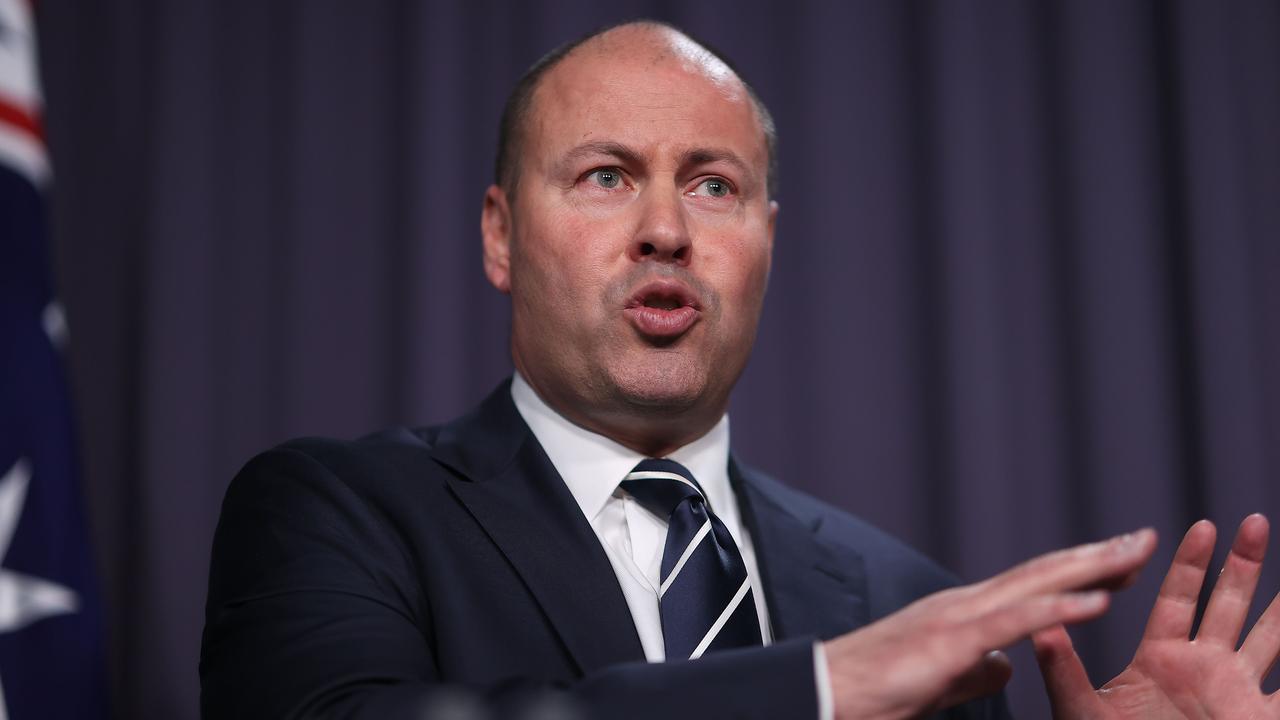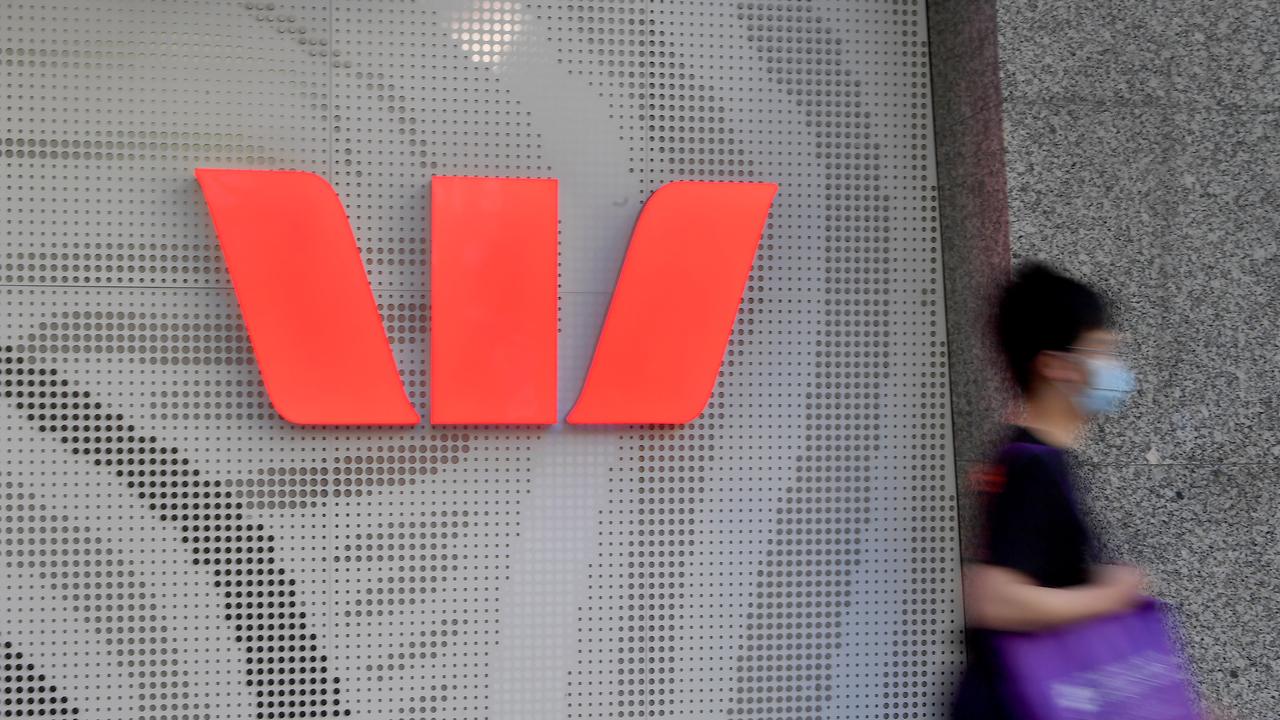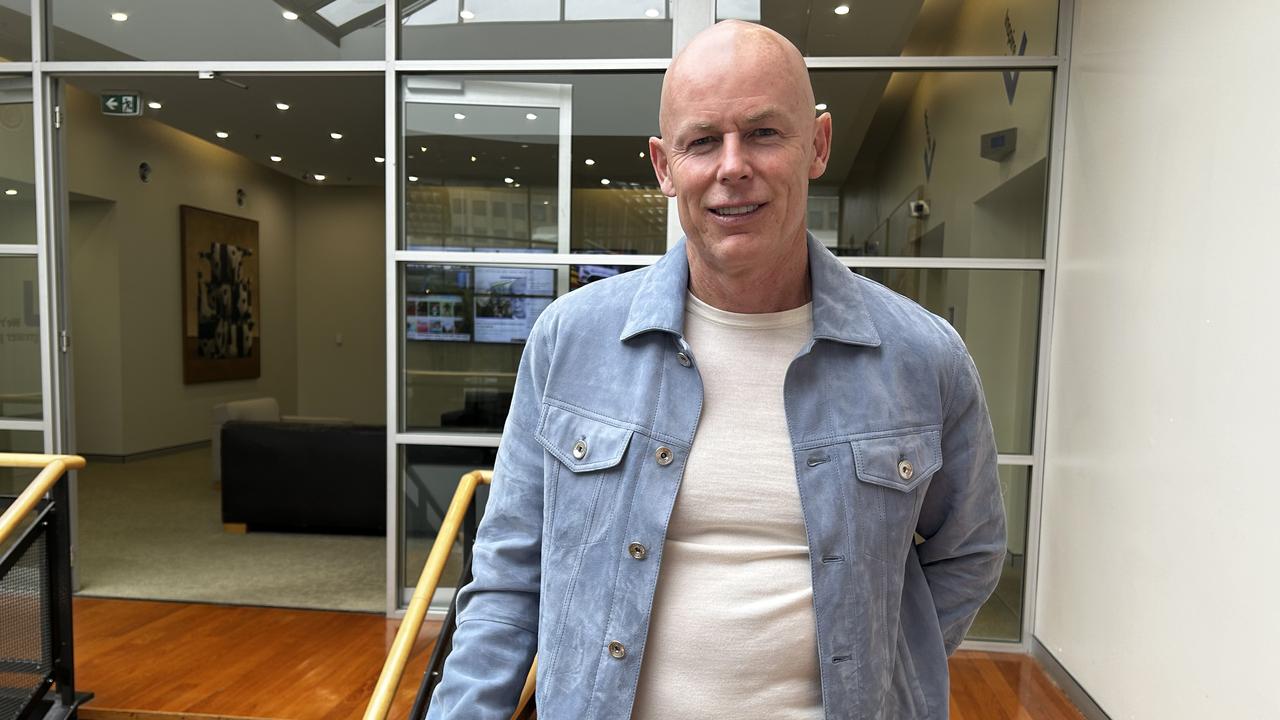Time to bring super’s secret ballots into the open
What do our super funds think about the companies they invest in? It’s hard to know really because much of the discussion with management takes place behind closed doors.

Business
Don't miss out on the headlines from Business. Followed categories will be added to My News.
What do our super funds think about the companies they invest in? It’s hard to know really because much of discussions they have with management takes place behind closed doors.
With an ever-growing wall of cash going into environmental, social and governance (ESG) investing super funds are putting pressure like nothing seen before around how companies perform.
This is the undercurrent driving major shifts and a rewriting of medium term strategy across corporate Australia.
But when it comes to the crunch, Australian super fund members have little way of knowing how their retirement savings are being voted at annual meetings.
Into this is vacuum have been a raft of reforms around proxy advice – the specialists that provide advice to super funds on how they vote at annual meetings. Despite the noise, the changes put forward this month by Treasurer Josh Frydenberg and Financial Services Minister Jane Hume are mostly uncontroversial, and bring the focus on how super funds use their clout up to global standards.

Today it’s easier to find out the voting intentions toward an Australian company from a pension fund based in Los Angeles, Ontario or Oslo well in advance of an annual meeting compared to Australian funds that champion disclosure.
This level of transparency by offshore funds allows their respective members know exactly what pressure is being applied to listed company boards.
Among the big Australian industry super funds, voting disclosure – a key push of the proxy changes – is too slow.
The $225bn AustralianSuper, the nation’s biggest and arguably most influential super fund discloses information on the way it votes on a quarterly basis. This means AusSuper members only know up to the end of September on how their savings were used to force change.
UniSuper, with $100bn under management, makes its voting disclosures known after an annual meeting. A quick sample show it voted against for the remuneration report for Westpac Bank – the bank last week copped a shareholder strike on executive pay. UniSuper also issued a protest vote against Vita Group, Bubs Australia, Rio Tinto and CIMIC through the year, according to its voting record.
Likewise, the building industry-focused CBUS releases its voting scorecard after the event. It also voted against the Westpac remuneration report.
Hostplus which has some $68bn under management releases its voting record in six month blocks, making it the laggard among the major funds, so we won’t know how it voted at Westpac’s meeting until later next year.

Slowest of all, the $179bn Canberra-backed Future Fund provides disclosure on a financial year basis. This is hopelessly out of step with the financial cycles.
One of the few Australian funds that have best practice around disclosure is the $14bn Active Super (until recently the fund was known as Local Government Super).
They are running rings around their much bigger industry fund cousins when it comes disclosing exactly how they intend to use their clout in the weeks leading up to an annual meeting. For years, Active Super’s voting intentions have been made available to all members and published on its website.
Active Super’s head of responsible investment Moya Yip says the fund takes transparency around voting seriously.
“It’s important that our members know how we are going to vote and we are doing that on behalf of their best interests,” Yip says.
The big offshore investors are also showing up their local counterparts.
The world’s biggest sovereign wealth fund, Norway’s $US1.35 trillion ($1.7 trillion) Norges Bank publishes its proxy voting intentions – including Australian companies it invests in – five days before an annual meeting.

When Norges votes against a company it also sets out its reasons. While it backed Westpac’s remuneration report last week, the wealth fund opposed the re-election of Nerida Ceasar to Westpac’s board.
“Shareholders should have the right to seek changes to the board when it does not act in their best interest,” Norges said as part of its rationalisation which was known ahead of the meeting. Norges comments come after a string of downgrades at Westpac and the Austrac scandal. (Caesar was re-elected).
Elsewhere the California-based public servants who are members of the giant CalPERS scheme knew before the event that the $US469bn ($659bn) pension giant was voting against the remuneration reports of Solomon Lew’s Premier Investments, miner Orocobre and retailer Kogan in the lead up to their respective meetings in recent months.

Members of Florida’s State Board of Administration pension fund also knew in advance their $US183bn ($257bn) scheme planning to vote against two directors being re-elected to the Incitec Pivot last week. It also set out its reasons – Tonianne Dwyer and Bruce Brook serve on too many boards, it reasoned (both were re-elected).
The Florida pension plan approved Westpac’s remuneration report, but sided with its Californian cousins over Premier investments in knocking back the retailer’s remuneration report. Here it cited a sign-on bonus to new chief executive Richard Murray as well as concerns around short term bonus measures. (Premier’s remuneration report was approved by the meeting). Still, Florida’s voting position and details were known more than three weeks before the Premier AGM was declared open.
The suite of Canberra’s proxy reforms require advisers to hold a financial services license. They require proxy advisers to provide a copy of their recommendations to companies on the same day they are provided to investors this can help companies understand the reasons behind vote decisions and helps with accuracy of information.
The changes will now force the super funds to disclose more detailed information on their voting records.
The most contentious of the changes is a push for independence which will have major implications for powerful proxy advisor Australian Council of Superannuation Investors which is owned by more than 30 industry super funds.
ACSI which is working through the implications of the changes argues “no case” has been made for the crackdown over its ownership model. Here the reforms miss the target, as it should be the licensing rules that do the heavy lifting on proxy regulation, not the make up of a firms shareholders.
johnstone@theaustralian.com.au
Originally published as Time to bring super’s secret ballots into the open







